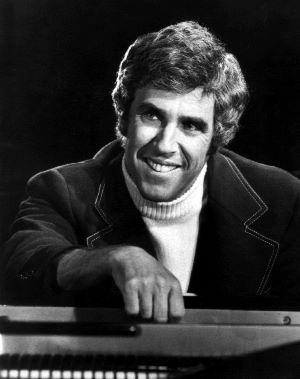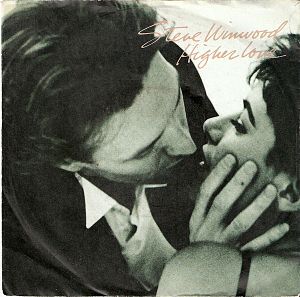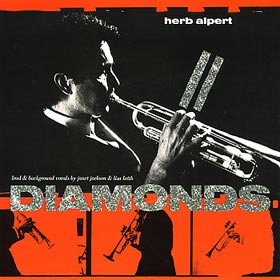Elvis Costello’s music is often seen as a masterclass in genre-blending, lyrical prowess, and sharp social commentary. Emerging from the punk and new wave scenes of the late 1970s, Costello quickly established himself as a unique voice, one that could channel the anger and energy of punk while weaving in elements of pop, rock, and even country. His work is often characterized by its wit, intelligence, and a willingness to tackle difficult subjects, making him a critical darling and a beloved figure among fans who appreciate substance in their music.
Songs like “Oliver’s Army” and “Radio, Radio” showcase Costello’s knack for combining catchy melodies with biting lyrics. “Oliver’s Army,” with its bright piano riff, masks a critique of British imperialism and the exploitation of young soldiers, while “Radio, Radio” takes aim at the commercialization of the airwaves, a theme that still resonates today. These tracks demonstrate Costello’s ability to wrap complex, often uncomfortable truths in tunes that stick in your head, proving that pop music can be as thought-provoking as it is entertaining.
Costello’s versatility is evident in the range of styles he has explored over the years. From the punk energy of “Pump It Up” and “(I Don’t Want to Go to) Chelsea” to the soulful “I Can’t Stand Up for Falling Down” and the lush, orchestral “God Give Me Strength,” Costello has never been content to stay in one musical lane. His collaboration with Burt Bacharach on “God Give Me Strength” is particularly noteworthy, as it highlights his ability to work with other artists and step outside his comfort zone, resulting in something entirely new and emotionally resonant.
The emotional depth of Costello’s songwriting is perhaps most evident in tracks like “Alison” and “I Want You.” “Alison” is a tender, yet haunting ballad that captures the pain of unrequited love, while “I Want You” is a raw, almost voyeuristic exploration of obsession and desire. These songs reveal a vulnerability that contrasts with the often sardonic tone of his more political work, adding layers to his persona as both a performer and a songwriter.
Elvis Costello’s influence on music is undeniable, with a career that spans over four decades and includes a vast array of songs that continue to resonate with listeners. Whether he’s making a statement on societal issues, experimenting with different genres, or delving into the complexities of human emotion, Costello’s music remains as relevant and compelling as ever. His ability to craft songs that are both intellectually stimulating and emotionally impactful is a testament to his enduring talent and his place as one of the most important artists of his generation.








